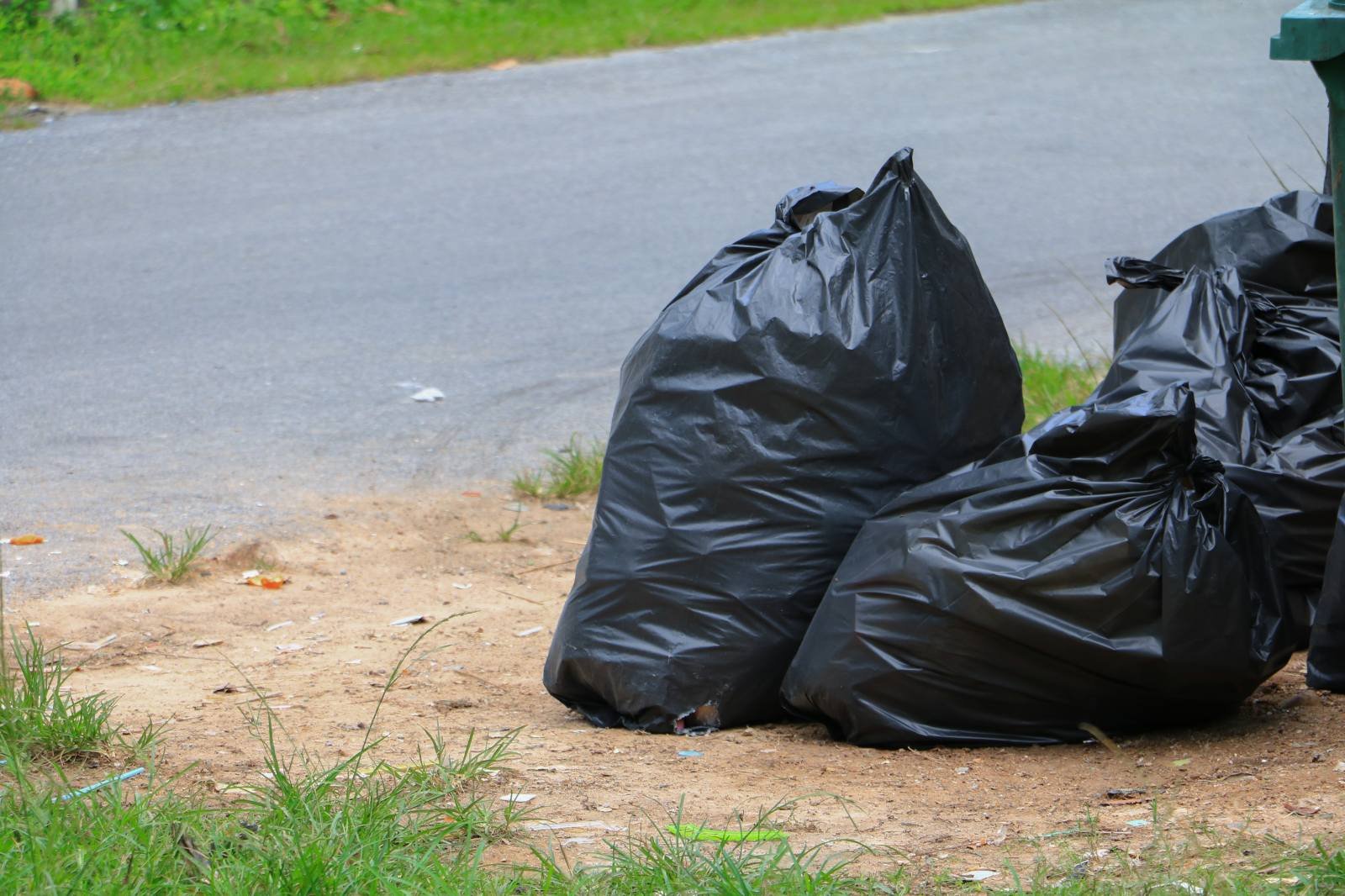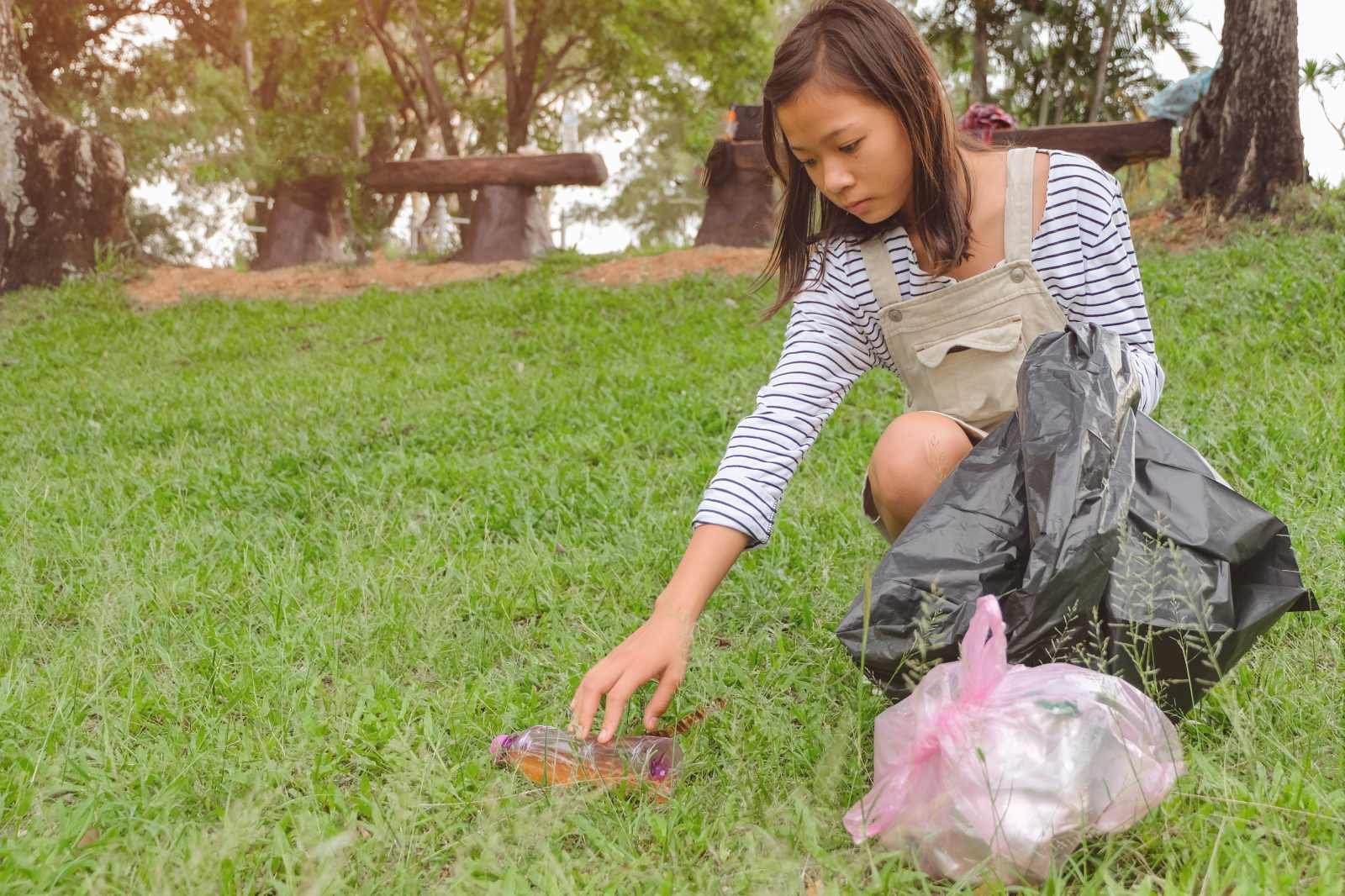
Singapore has long been recognised for its exceptionally clean environment, a standard maintained through stringent regulations and proactive enforcement against littering.
Authorities have put in place well-defined laws that not only penalise offenders but also promote public responsibility through education and corrective actions. Strict penalties, combined with community service measures, serve as strong deterrents to those who might otherwise engage in littering.
This article provides a detailed yet easy-to-understand breakdown of what is considered littering under Singaporean law, the range of fines and penalties that may apply, and the corrective work orders designed to prevent repeat offences.
What Constitutes Littering In Singapore?
Littering in Singapore is defined under Section 17 of the Environmental Public Health Act (EPHA). It encompasses actions such as depositing, dropping, placing, or throwing any item in a public place, except into designated rubbish bins. This includes common items like:
- Plastic cups
- Tissue papers
- Cigarette butts
- Food wrappers
Even seemingly insignificant acts, like flicking a cigarette butt onto the street or leaving behind a food container, are considered littering offences.
Penalties For Littering Offences In Singapore

Singapore enforces strict penalties for littering to uphold public cleanliness and deter irresponsible disposal of waste. The severity of the punishment depends on the nature of the offence, with heavier penalties for repeat violations and large-scale dumping.
Section 17(1)(h) – Discarding Bulky Items Or Deregistered Vehicles
Section 17 (1)(h) of the penal code covers the improper disposal of large objects such as deregistered motor vehicles, furniture, or other bulky waste items in public spaces. Due to the size and potential obstruction these items can cause, the penalties are more severe:
First-time offenders: Fine of up to $5000
Second and subsequent convictions: Fine of up to $10,000 and/or imprisonment for up to three months.
Bulky waste can pose safety risks and require significant resources for removal, which is why this offence is treated more seriously than general littering.
Section 19 – Spilling Or Dropping Substances In Public Spaces
Section 19 pertains to littering that involves spilling, dropping, or leaving behind materials such as sand, sawdust, liquids, or fragments of objects. Even minor spills can contribute to public hazards, affecting cleanliness and safety. The penalties include:
First conviction: Fine of up to $2,000
Second conviction: Fine of up to $4,000
Third and subsequent convictions: Fine of up to $10,000
Such offences may seem minor but can lead to widespread cleanliness issues if not properly addressed.
Section 20(1) – Illegal Dumping From A Vehicle
Disposing of waste or refuse from a vehicle is classified as a severe offence due to its environmental impact and potential public health concerns. The penalties of Section 20(1) for offenders are as follows:
First conviction: Fine of up to $50,000 and/or imprisonment of up to 12 months
Second and subsequent convictions: Mandatory imprisonment of at least one month (up to 12 months) and a fine of up to $100,000
Illegal dumping from vehicles is treated with particular severity as it often involves large quantities of waste, making it difficult to track and clean up.
General Littering Offences (Sections 17 To 20, Excluding Sections 17(1)(h) And 20(1))
This category includes common littering offences such as discarding small waste items like tissue paper, food wrappers, cigarette butts, or plastic packaging in public areas. Individuals found guilty of such acts may face the following penalties:
First-time offenders: Fine of up to $2,000
Second-time offenders: Fine of up to $4,000
Third and subsequent offences: Fine of up to $10,000
Even minor littering offences are taken seriously as they contribute to environmental pollution and compromise the cleanliness of shared spaces.
Should a party fail to remit the required payment for cleaning or restoration within the stipulated time frame, typically 14 days following a formal demand, the relevant authority may escalate the matter to the Magistrate’s Court.
The court possesses the jurisdiction to recover the outstanding sum.
Corrective Work Order (CWO)

In addition to fines, individuals found guilty of littering offences may be subjected to a Corrective Work Order (CWO). This requires offenders aged 16 and above to perform public cleaning duties, such as sweeping public areas or picking up litter, for up to 12 hours.
The CWO system serves several interconnected purposes.
- Provides an opportunity for offenders to reflect on the impact of their actions and encourages a sense of accountability.
- Offenders are typically required to wear distinctive vests, making their corrective service highly visible to the public. This not only reinforces personal accountability but also serves as a strong deterrent to others, demonstrating the real consequences of environmental negligence.
- The work performed directly benefits the community, contributing to the maintenance of clean and pleasant public areas.
Obligations Under CWO In Singapore
Singapore’s Corrective Work Order (CWO) serves as a rehabilitative measure for individuals convicted of littering offences. Thus, It requires offenders to carry out supervised cleaning duties in public areas as a form of accountability and deterrence.
Compliance with the obligations set under the CWO is mandatory, and failure to adhere to them may result in additional penalties.
Individuals assigned a CWO must comply with the following requirements:
Reporting To The Supervision Officer
- Offenders will receive a notice at least 14 days before the scheduled date, specifying the location, date, time, and duration of the corrective work.
- Attendance is mandatory, and reporting late by more than 15 minutes or arriving on the wrong date or time may result in rescheduling.
Medical Fitness And Attendance
- If an individual is medically unfit to carry out the work on the assigned day, they will not be allowed to proceed with the corrective work.
- In such cases, a new date, time, and place may be assigned by the supervision officer.
- If the absence is due to illness, the offender must submit a medical certificate within seven days of the scheduled work date.
Completion Of Assigned Hours
- The total number of work hours stated in the CWO must be completed satisfactorily as per the supervision officer’s instructions.
- The daily limit for corrective work is three hours, ensuring offenders can fulfil their obligations over a reasonable period.
Conduct During The CWO
- Offenders must behave in a respectful and orderly manner while performing their duties.
- Any form of threatening, offensive, or disruptive behaviour toward the supervision officer or other participants is strictly prohibited.
- Offenders must wear a protective vest or any other apparel as required by the supervision officer.
- The offender cannot delegate or hire another person to perform the work on their behalf.
Consequences Of Breaching CWO Conditions
Individuals assigned a Corrective Work Order (CWO) are required to complete their duties as instructed. Failure to comply with any of the stated obligations can result in additional legal consequences, including fines, imprisonment, or further enforcement actions.
Unsatisfactory Performance
If the offender does not carry out the assigned work properly, the supervision officer has the authority to remove them from the work site.
Any incomplete or rejected work will not be counted towards fulfilling the required hours.
Legal Action For Non-Compliance
Breaching the CWO conditions or failing to comply with the supervision officer’s instructions may result in a summons to appear in court or even arrest.
If the offender does not have a valid reason for failing to complete the CWO, they may be fined up to $5000, or be imprisoned for up to two months.
Even if a fine is paid or a prison term is served, the offender may still be required to complete the outstanding CWO hours.
Appealing A Littering Offence In Singapore

Individuals who receive a fine for littering may submit an appeal to the National Environment Agency (NEA). However, appeals are generally unsuccessful unless there is strong supporting evidence to justify reconsidering the offence.
Appeals must be filed using the official NEA appeal form, which can be downloaded here.
Since the majority of appeals are rejected, it is important to provide clear and credible evidence to support the claim. Common grounds for appeal include:
- Financial Hardship: If the fine causes financial strain, official income statements or other financial records should be submitted as proof.
- Medical Reasons: If health issues prevented compliance with the law, medical reports or a doctor’s certification must be included.
- Exceptional Circumstances: If the offence was issued due to a misunderstanding or incorrect identification, substantial evidence should be provided.
The NEA typically reviews appeals within 14 days from the date all required documents are received.
Given Singapore’s strict enforcement of littering laws, appeals are rarely approved unless backed by compelling evidence. Individuals should assess their situation carefully before submitting an appeal.
For further guidance, visit the NEA website.
Conclusion On Penalties For Littering Offences In Singapore
By understanding what constitutes a littering offence, the associated penalties, and corrective measures like fines, Corrective Work Orders (CWO), and legal actions, individuals can take responsibility for maintaining public hygiene. Whether you are a resident or visitor, complying with these regulations helps create a cleaner and safer environment for everyone.
However, if you are facing a littering charge and believe you have valid grounds to contest it, seeking legal guidance is important. Navigating environmental laws, appeals, and court procedures can be complex without professional advice.
At Tembusu Law, our experienced litigation and regulatory lawyers can assist in handling disputes related to littering offences, appeals against enforcement actions, and legal challenges involving high-rise littering cases, summonses for non-compliance, or severe environmental breaches.
Our team provides strategic legal advice and representation to help clients navigate the legal system effectively.
Contact us today for a free consultation and let us guide you through the legal process with confidence.
Frequently Asked Questions About Penalties For Littering Offences in Singapore
Is There A Difference Between Littering And Illegal Dumping?
Yes. Littering refers to the improper disposal of small waste items, such as cigarette butts or food wrappers, in public areas. Illegal dumping, on the other hand, involves the disposal of larger quantities of waste or hazardous materials, often from vehicles or businesses. Illegal dumping carries heavier penalties, including fines of up to $100,000 and possible imprisonment.
Should Businesses Be Concerned About Littering Laws?
Yes. Businesses are responsible for ensuring that their premises remain clean and that waste is disposed of properly. Failure to manage waste appropriately, such as leaving refuse outside designated areas, can result in fines and enforcement action from the NEA. Repeated violations by a business may also lead to regulatory penalties affecting its operations.
How Are Littering Offenders Identified And Caught?
NEA enforcement officers conduct routine inspections in public areas and issue fines to individuals caught littering. Surveillance cameras are also used in high-risk locations, such as residential estates, to track and identify offenders. For high-rise littering, investigations may involve forensic tracing or witness reports of offenders. The recorded footage can be used in legal proceedings to support enforcement actions.
What Should I Do If I Witness Someone Littering?
If you witness a littering offence, you can report it to the NEA via their official website or mobile app with details such as the date, time, and location. Providing photo or video evidence may assist in enforcement actions against the offender. Reports are reviewed, and action may be taken if sufficient evidence is provided.